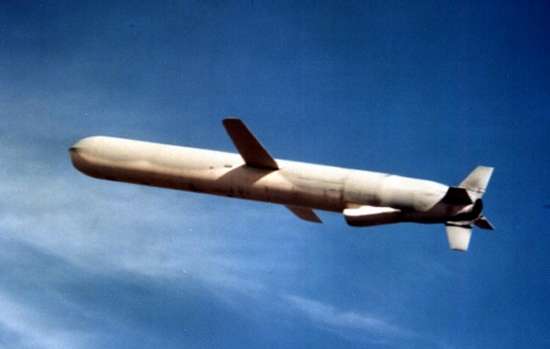This report evaluates the economic wisdom of relying primarily on expendable weapons, such as cruise missiles, to conduct air-to-ground strike missions. Focusing solely on cost, the author examined the U.S. historical use of air-to-ground attack during and since the Vietnam War, looking, among other things, at the length of each conflict and the weapons expended.
Only if the United States is confident that all possible conflicts over the system lifetime can be ended in a total of less than about ten days is exclusive reliance on expendable assets prudent.
Expendable weapons do have some important operational advantages, but if the United States wishes to maintain the capability to wage air war efficiently for more than a few days, reusable platforms are an important part of an efficient force mix.
- Exclusive reliance on expendable weapons makes economic sense only if future conflicts can be resolved in about ten days or less.
- All the recent major campaigns examined lasted longer than ten days.
- If the United States wishes to maintain the capability to wage air war efficiently for more than a few days, reusable platforms are an important part of an efficient force mix.
- Expendable weapons are necessary for some important missions but are simply too expensive to largely or entirely replace reusable penetrating aircraft in wars of even moderate duration.










